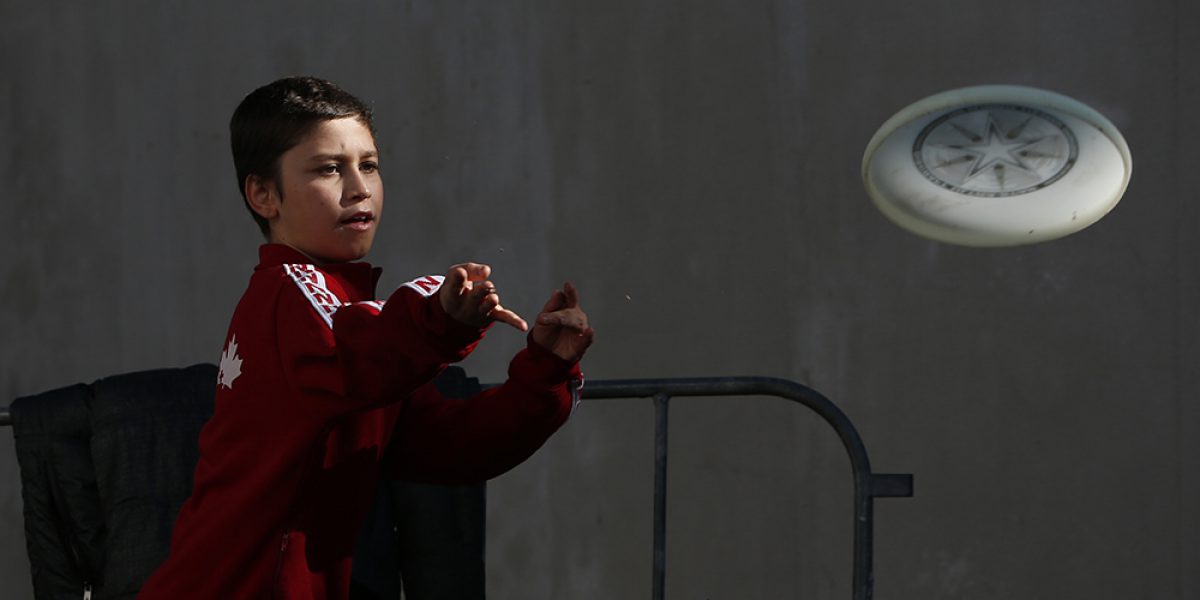Children cannot wait
29 November 2016

Brussels, 29 November 2016 – EU institutions and Member States must do more to protect refugee and migrant children, a statement signed by 78 civil society organisations said today to mark the opening of the 10th European Forum on the Rights of the Child in Brussels.
JRS together with UNICEF, Save the Children and more refugee and child rights’ charities are deeply concerned that failure to prioritise the protection of children is putting more children at risk. Too little has been done to address the particular needs and vulnerabilities of children. Children in Sweden, for example, can often wait up to one year for their asylum cases to be heard. Children stranded in Greece have been out of school an average of 20 months. Many children have to wait more than a year to reach family members in other EU states – a dangerous delay that causes children to disappear or turn to smugglers.
“Many of these children will grow up becoming future EU citizens. They should be considered as children first, regardless of their migration status. States need to invest in them, and empower them to fulfil their potential as equal participants in their communities,” the statement reads.
The 78 partner organisations identify 7 priority actions to protect refugee and migrant children today and prepare them for the future:
1. An EU action plan on all refugee and migrant children
2. Improving the current asylum legislation with regard to children
3. Prioritising children in all migration and asylum policies
4. Funding for strengthening child protection systems
5. A holistic approach: addressing refugee and migrant children in all areas
6. Protecting children across borders. Improved transnational cooperation.
7. Ensuring and using quality data and evidence
Read the full statement here.
Many of these children will grow up becoming future EU citizens. They should be considered as children first, regardless of their migration status. States need to invest in them, and empower them to fulfil their potential as equal participants in their communities.
